What are “tests that are worth taking”? Over the weekend, President Obama declared that “our kids should only take tests that are worth taking.” But what would such tests look like? I have a few ideas. Here is my Affirmative Testing Manifesto:
1. Testing should exist, first and foremost, to serve students.
2. Testing should enhance student memory by incorporating the principles of retrieval practice, interleaved study, and distributed practice.
3. Testing should promote student learning by providing detailed and timely feedback on what students got right or wrong and why it was right or wrong.
4. Testing should support deep learning, not rote memorization, by helping students make connections between old and new knowledge, draw abstract principles from concrete examples, and transfer knowledge from one domain to another.
5. Testing should reduce student test anxiety by occurring frequently and with low or no stakes (i.e., points or grades) attached.
6. Testing should deepen student metacognition by providing opportunities for reflection on test preparation and performance.
7. Testing should help teach students how to understand and use data by giving them access to their own testing data and guidance on what to do with it.
8. Testing should prepare students to deal with performance pressure of all kinds by offering them a repertoire of strategies to manage their thoughts and emotions.
9. Testing should function as a form of controlled adversity that allows students to develop non-cognitive skills like resilience and persistence.
10. Testing should inculcate a growth mindset in students by demonstrating that ability grows through exerting effort and making mistakes.
11. Testing should nurture students’ skills of cooperation and collaboration through group learning activities before, after, and even during the testing experience.
12. Testing should increase student motivation by giving them challenging but achievable goals, and by offering them a purpose for learning beyond themselves.
Brilliant readers, are there any points here with which you would take issue? Any points you would add? Please share your thoughts here.
And send questions and comments to me at annie@anniemurphypaul.com—I look forward to hearing from you!
A Community for Science-Based Learning.


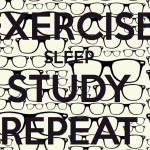




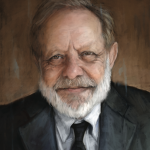




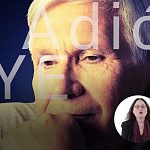
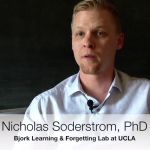

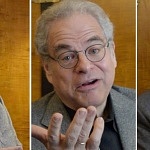

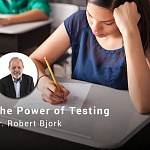
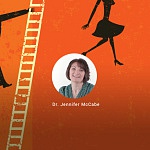



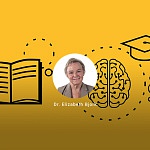

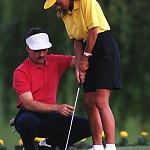
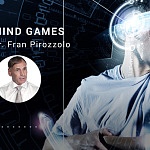






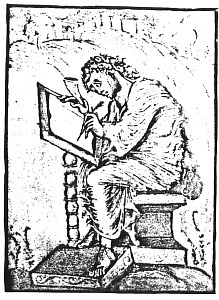
Leave a Reply
You must be logged in to post a comment.